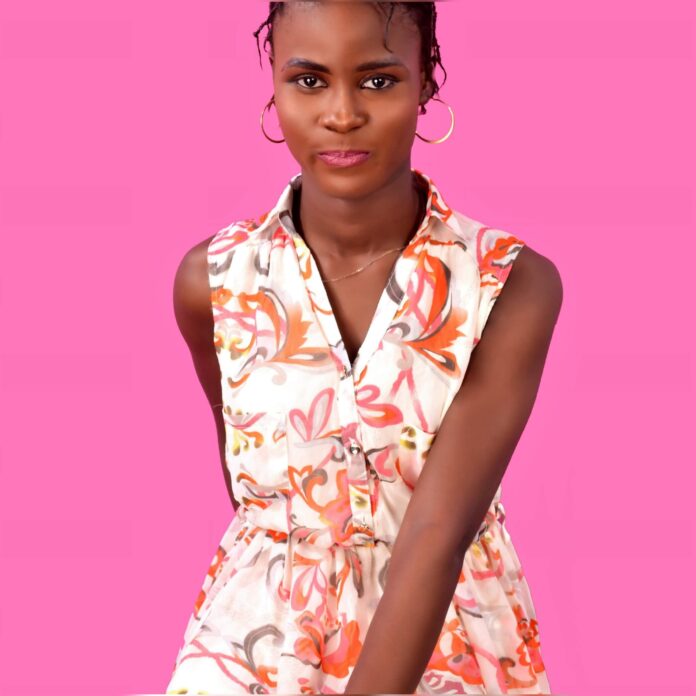By Deborah Ojuade
Imagine navigating a world designed for the able-bodied, where every step, every gesture, and every movement is a testament to resilience. For millions of Nigerians living with cerebral palsy, this is the daily reality – a life of quiet strength, unyielding determination, and unrelenting hope.
In a society where disability is often shrouded in stigma and misunderstanding, the stories of those living with cerebral palsy remain largely untold. But today, one can step into the lives of some unsung heroes and uncover the triumphs, the struggles, and the unwavering spirit that defines them.
In Nigeria, individuals with cerebral palsy face numerous challenges, from inadequate healthcare and rehabilitation services to social stigma and exclusion. Many families struggle to access necessities like wheelchairs, walkers, and communication aids, hindering their loved ones’ ability to participate fully in society.
Despite these obstacles, Nigerians with cerebral palsy break down barriers and push boundaries. They pursue education, build careers, and foster inclusive communities that celebrate diversity and promote equality.
As Nigeria continues to grow and develop, the needs and rights of individuals with cerebral palsy must be prioritized. This requires a multifaceted approach involving government initiatives, community engagement, and individual advocacy.
By promoting accessibility, providing resources and support, and challenging discriminatory attitudes, we can create a more inclusive and equitable society for all Nigerians, regardless of ability. By amplifying the voices and stories of those with cerebral palsy, we can inspire a movement of change and empowerment.
Meanwhile, there are six things everyone should know about persons living with cerebral palsy in Nigeria.
Cerebral palsy, also known as CP, is a congenital disorder affecting movement, muscle tone, and posture due to abnormal brain development, often before birth. According to the National Institute of Neurological Disorders and Stroke, CP is a group of neurological disorders appearing in infancy or early childhood, permanently affecting body movement and muscle coordination.
The symptoms of cerebral palsy include difficulty walking, tremors, excessive drooling, and problems with swallowing. There are four types of motor effects: spasticity, dyskinesia, ataxia, and hypotonia. While some individuals have mild cases and can outgrow their symptoms, many face significant challenges.
Six things to know
Talents and Skills: Many Nigerians with cerebral palsy possess exceptional skills, such as wig making, embellishments, beads making, air fresheners, and soap making.
Recreational activities: Individuals with cerebral palsy in Nigeria engage in recreational activities like sports, games (chess), painting, music, and creative writing, promoting independence and outstanding contributions to society.
Education and professional excellence: Despite challenges, many Nigerians with cerebral palsy are educated and professionally outstanding in careers like law, community management, and journalism.
Employment struggles: Unfortunately, educated Nigerians with cerebral palsy often face difficulties securing employment due to discriminatory practices.
Education system challenges: Individuals with cerebral palsy in Nigeria struggle with the education system, particularly in tertiary institutions, where they often fail to receive proper benefits and support.
Limited resources: Nigerians with cerebral palsy face significant barriers due to limited access to resources, including assistive devices and accessibility, hindering their ability to reach their full potential.
By understanding these facts, we can work towards creating a more inclusive and supportive environment for Nigerians living with cerebral palsy.
As Nigeria continues to grow and develop, the needs and rights of individuals with cerebral palsy must be prioritized. This requires a multifaceted approach involving government initiatives, community engagement, and individual advocacy.
By promoting accessibility, providing resources and support, and challenging discriminatory attitudes, the world can create a more inclusive and equitable society for all Nigerians, regardless of ability. By amplifying the voices and stories of those with cerebral palsy, we can inspire a movement of change and empowerment.





Great work by the Blacicon herself. Deborah, you’re an inspiration and a great fighter who’ll accomplish great things regardless of challenges that come from nature. Keep it up my darling!
Sweetie , I so much love your dexterity. This is awesome and I love you.